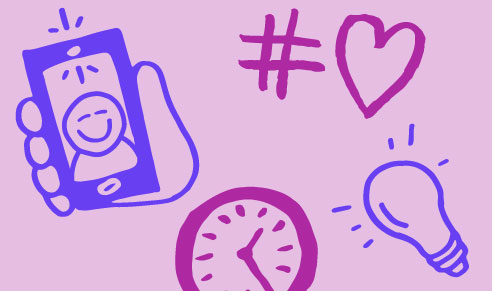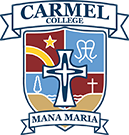This week is International Digital Citizenship week.
Every year, the third week of October is designated Digital Citizenship Week. This is a time for teachers and families to teach about digital citizenship and support students in developing the skills they need to use devices safely, ethically, and effectively.
What is digital citizenship?
Digital citizenship is a powerful enabler of inclusion in social, cultural and civil society. NetSafe Digital citizenship is an evolving concept, encompassing key skills, values, and behaviours. It is about appropriate interactions with people and information online.
Digital citizenship includes:
Skills
- Literacy skills – especially digital literacy, information literacy, critical literacy, and media literacy.
- Critical thinking skills – having a sceptical and evaluative mindset.
- Creativity – using and creating digital content in meaningful ways.
- Communication and collaboration – meaningful and purposeful interactions.
Values
- Responsible and ethical actions – maintaining standards of behaviour.
- Rights and responsibilities – having accountability for actions.
- Legal considerations – being respectful of intellectual property and other legal protections.
- Security and privacy – for the protection of self and others.
Behaviours
- Personal reputation – including a digital footprint/tattoo determined by online activity.
- Health and wellness – physical and emotional wellbeing.
- Access – equitable access to digital technologies and the internet.
- Promotion – active support of digital citizenship values.
The digital world is our real world, particularly in our current circumstances. Last term we advertised the Safe on Social Media parent toolkit. This can be accessed by parents in the Carmel Community by using the password that was sent out in a broadcast. The Toolkit provides parents with up to date information on some of the latest trends, movies, games and apps that may cause concern.
Below are some links to a site called Common Sense Education. This is an independent, nonprofit and research-backed American site that aims to provide reviews and advice to help parents “navigate the digital world with their kids”. They have created these “Conversation Starter Kits” to help start family conversations centred on our new reality – that includes the digital world.
Digital Citizenship – Conversation Starters for Y7 & 8
Digital Citizenship – Conversation Starters for Y 9 – 13
Sources: The National Library (NZ), NetSafe (NZ) and Common Sense Education (US)
Digital citizenship is an evolving concept. NetSafe defines a digital citizen as someone who:
- is a confident and capable user of ICT
- uses technologies to participate in educational, cultural and economic activities
- uses and develops critical thinking skills in cyberspace
- is literate in the language, symbols and texts of digital technologies
- is aware of ICT challenges and can manage them effectively
- uses ICT to relate to others in positive, meaningful ways
- demonstrates honesty and integrity and ethical behaviour in their use of ICT
- respects the concepts of privacy and freedom of speech in a digital world
- contributes and actively promotes the values of Digital citizenship
With the increased use of digital technologies and borderless spaces online, we need to be able to nurture and teach our young people to become discerning, responsible digital citizens, able to confidently conduct themselves when connecting to people, resources and information in real-world contexts here in Aotearoa and in the wider global community.

